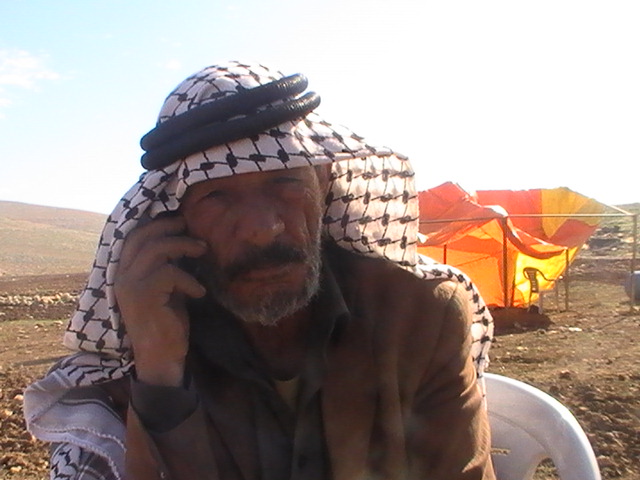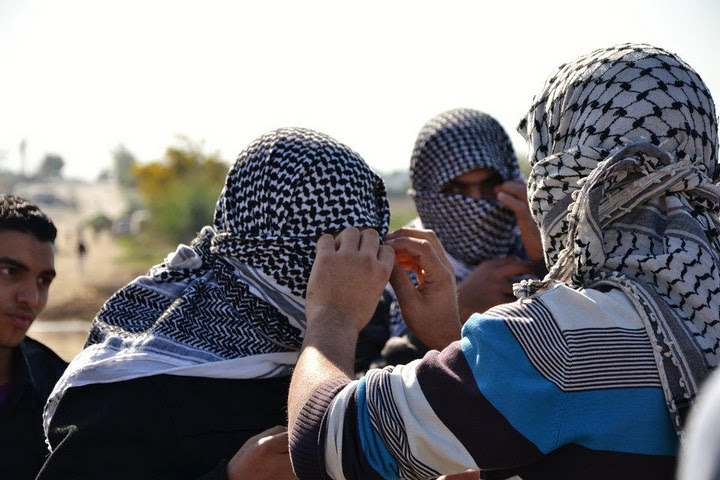-
Jordan Valley: threat of imminent demolition hangs over the village of Al Hadidiya
by Ben Lorber 7 December 2011 | International Solidarity Movement, West Bank Before the 1967 Israeli occupation of the West Bank, Al Hadidiya, near the Jordan Valley villages of Tubas and Jiftlik, was inhabited by over 100 families. Today, only 14 families remain. Since 1967, the village has been demolished four times, and over 3000 dunums […]
-
Commemorating the anniversary of the First Intifada in the no go zone
by Nathan Stuckey 6 December 2011 | International Solidarity Movement, Gaza Twenty four years ago, on December 9, 2011 a revolution began. The revolution began in Gaza, it was the First Intifada. After twenty years of Israeli occupation Palestinian resistance exploded in full force. Boycotts, demonstrations, tax refusal, all of these were the strategies of […]
-
Israel continues wave of West Bank housing demolitions in East Jerusalem
by Wahed Rejol 6 December 2011 | International Solidarity Movement, West Bank Following the violent demolitions in Qalqiliya yesterday, and in Beit Hannina and Silwan on Sunday, Israel continued its displacement of Palestinians throughout the West Bank today in occupied East Jerusalem. On the day Israel announced a plan to forcibly remove 2300 Palestinians from their homes, a demolition team arrived in Al […]
Action Alert An Nabi Saleh Apartheid Wall Arrests BDS Bethlehem Bil'in Cast Lead Demonstration Denial of Entry Ethnic Cleansing Farmers Gaza Global Actions Hebron House Demolition International law Israeli Army Jerusalem Live Ammunition Nablus Ni'lin Prisoner Ramallah Rubber-coated steel bullets Settlement Settlers Settler violence Tear-Gas Canister Video


